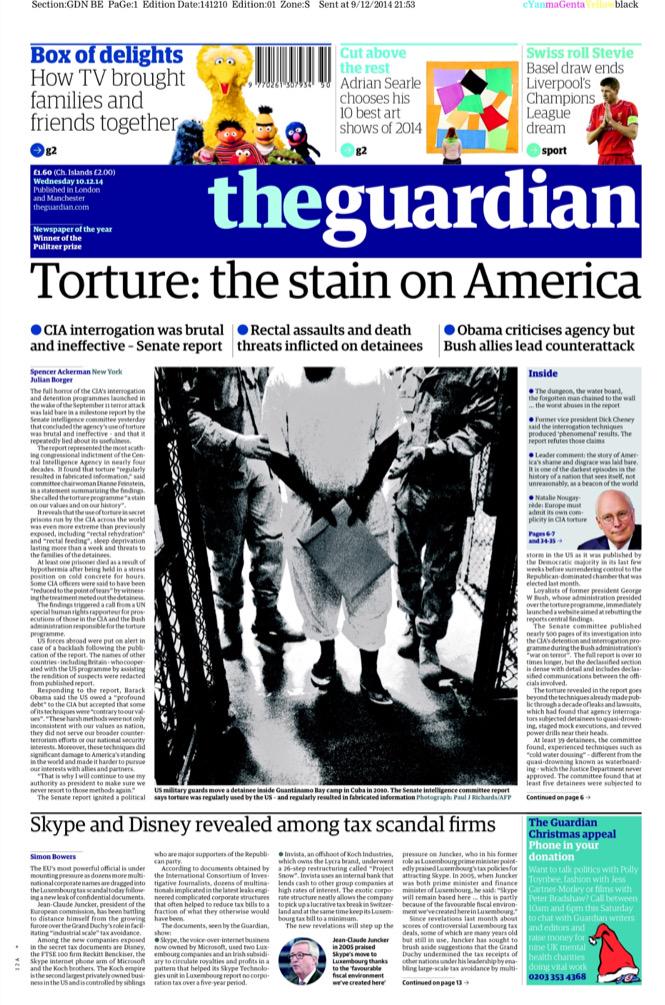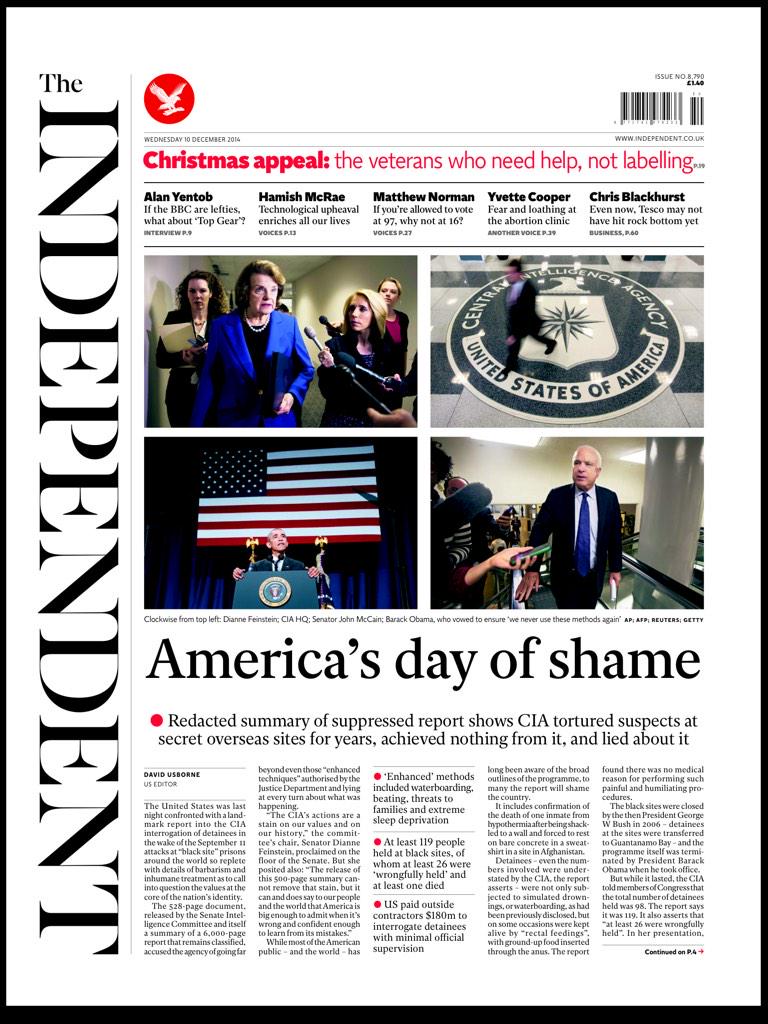The power of media to control the image, perception, and understanding of the world is nothing new. But today the Internet provides an unprecedented tool for media manipulation. A far too often victim of this media control is the Islamic world.
Words like "extremism", "terrorism", and "fundamentalism" are all thrown and carry weight when used to describe the Islamic world. But our western negative perceptions of the Middle East and Islam are not divorced from the history. The "Afghan Girl" story is a perfect example of this and one that we discussed today in my English class.
(Nat Geo)

In the '80s, the popular magazine, the National Geographic released a story about the "Afghan Girl" that garnered national attention during a time when the world was shifting its attention to the country of Afghanistan. Now again we see these emerging trends as the world looks to countries like Iraq and Syria midst the turmoil stirred up by the expansion of ISIL and the Assad regime.
It is a much different story this time around though, with the Internet we get a portrayal of the Middle East that focuses almost entirely on negativity, violence, and instability. So how are we able to correct this image? I suppose it would require the Internet collectively shifting to focus on other more positive stories. This is important because the attitude of the Internet determines the attitude of much of the world, especially the West.
Additionally, we need to realize the stereotypes that we perpetuate across media about the rest of the world. Often times, foreign issues, especially those regarding Middle Eastern nations, are complicated but reduced to a very bare-bones explanation by Western media.
Words like "extremism", "terrorism", and "fundamentalism" are all thrown and carry weight when used to describe the Islamic world. But our western negative perceptions of the Middle East and Islam are not divorced from the history. The "Afghan Girl" story is a perfect example of this and one that we discussed today in my English class.
(Nat Geo)
In the '80s, the popular magazine, the National Geographic released a story about the "Afghan Girl" that garnered national attention during a time when the world was shifting its attention to the country of Afghanistan. Now again we see these emerging trends as the world looks to countries like Iraq and Syria midst the turmoil stirred up by the expansion of ISIL and the Assad regime.
It is a much different story this time around though, with the Internet we get a portrayal of the Middle East that focuses almost entirely on negativity, violence, and instability. So how are we able to correct this image? I suppose it would require the Internet collectively shifting to focus on other more positive stories. This is important because the attitude of the Internet determines the attitude of much of the world, especially the West.
Additionally, we need to realize the stereotypes that we perpetuate across media about the rest of the world. Often times, foreign issues, especially those regarding Middle Eastern nations, are complicated but reduced to a very bare-bones explanation by Western media.


